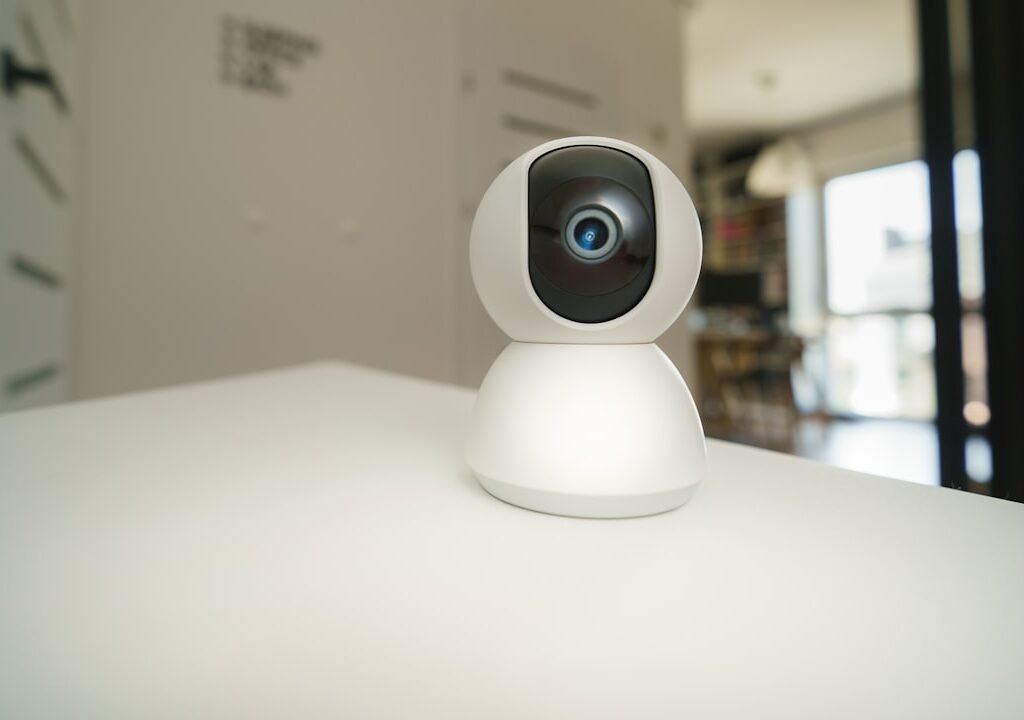In ancient times, the concept of home security was quite different from what we know today. People relied heavily on guard dogs and watchmen to protect their homes and belongings. Guard dogs were trained to bark at intruders, alerting their owners to potential danger.
These loyal animals provided a sense of safety, as their presence alone could deter thieves. In many cultures, dogs were not just pets; they were essential members of the household, serving as protectors and companions. Watchmen also played a crucial role in early security measures.
Communities often hired individuals to patrol neighborhoods at night, keeping an eye out for suspicious activity. These watchmen would walk the streets, armed with torches or weapons, ready to confront any threats. Their vigilance helped create a sense of safety within communities, as people felt reassured knowing someone was watching over them.
However, this system had its limitations. The effectiveness of guard dogs and watchmen depended on their presence and alertness, leaving homes vulnerable when they were not around.
Key Takeaways
- Guard dogs and watchmen were the earliest forms of home security, providing physical protection against intruders.
- Advancements in locks and keys improved home security by providing more secure and reliable access control.
- The rise of alarm systems introduced a new level of protection, alerting homeowners and authorities to potential threats.
- Video surveillance has had a significant impact on home security, allowing for remote monitoring and evidence collection.
- Smart home security systems integrate technology to provide advanced features such as remote access, automation, and customization.
Advancements in Locks and Keys
As societies evolved, so did the need for more sophisticated security measures. The invention of locks and keys marked a significant advancement in home security. Early locks were simple devices made from wood or metal, designed to keep doors closed.
Over time, these mechanisms became more complex, incorporating intricate designs that made them harder to pick. The introduction of the pin tumbler lock in the 19th century revolutionized security, providing a reliable way to secure homes. With the development of locks came the creation of keys.
Keys allowed homeowners to control access to their properties, giving them peace of mind. The ability to lock doors meant that people could leave their homes without fear of theft. However, as locks became more advanced, so did the skills of burglars.
This ongoing battle between security measures and criminal tactics led to continuous innovations in lock technology.
Today, we have a wide range of locking systems, from traditional key locks to electronic keypads and smart locks that can be controlled via smartphones.
The Rise of Alarm Systems

The introduction of alarm systems marked another significant leap in home security. These systems were designed to detect unauthorized entry and alert homeowners or authorities. The first alarm systems were relatively simple, using bells or sirens to signal a break-in.
However, as technology advanced, so did the sophistication of these systems. Modern alarm systems can now include motion detectors, glass break sensors, and even environmental monitoring for smoke or carbon monoxide. The rise of alarm systems changed the way people approached home security.
Homeowners began to see the value in investing in these systems for added protection. Many alarm companies offered monitoring services, ensuring that someone would respond quickly in case of an emergency. This shift in mindset led to a greater awareness of security needs and encouraged more people to take proactive steps in safeguarding their homes.
The Impact of Video Surveillance
Video surveillance has become a cornerstone of modern home security. The ability to monitor one’s property through cameras has transformed how people protect their homes. Early surveillance systems were bulky and required extensive wiring, making them difficult to install and maintain.
However, advancements in technology have led to the development of compact, wireless cameras that can be easily set up both indoors and outdoors. The impact of video surveillance extends beyond mere observation. Many modern systems come equipped with features like motion detection and remote access via smartphones.
This means homeowners can check on their property in real-time, no matter where they are. The presence of cameras can also act as a deterrent for potential intruders, who may think twice before attempting a break-in if they know they are being recorded. As video surveillance continues to evolve, it plays an increasingly vital role in enhancing home security.
Smart Home Security: Integration with Technology
The rise of smart home technology has revolutionized home security once again. Smart home security systems integrate various devices into a cohesive network that homeowners can control from their smartphones or tablets. This integration allows for seamless communication between devices such as cameras, alarms, locks, and lights.
For instance, a homeowner can receive alerts on their phone if a door is opened unexpectedly or if motion is detected outside. Smart home security systems offer convenience and flexibility that traditional systems cannot match. Homeowners can remotely lock or unlock doors, view live camera feeds, and even set schedules for lights to mimic occupancy when they are away.
This level of control not only enhances security but also provides peace of mind for those who travel frequently or have busy lifestyles. As technology continues to advance, smart home security will likely become even more integrated into our daily lives.
Artificial Intelligence and Home Security

Artificial intelligence (AI) is making waves in the field of home security by enhancing the capabilities of existing systems. AI-powered cameras can analyze footage in real-time, distinguishing between familiar faces and potential intruders. This technology reduces false alarms by only alerting homeowners when there is a genuine threat.
Additionally, AI can learn from patterns in behavior, allowing it to adapt and improve over time. The use of AI in home security also extends to predictive analytics. By analyzing data from various sources, AI can identify trends and potential risks in specific neighborhoods or areas.
This information can help homeowners make informed decisions about their security measures and even alert them to emerging threats before they occur. As AI continues to develop, its integration into home security systems will likely lead to even smarter solutions for protecting our homes.
Privacy Concerns and Ethical Considerations
While advancements in home security offer numerous benefits, they also raise important privacy concerns. The widespread use of surveillance cameras and smart devices means that personal data is being collected and stored more than ever before. Homeowners must consider who has access to this information and how it is being used.
There is a fine line between ensuring safety and invading privacy, and it is crucial for individuals to be aware of this balance. Ethical considerations also come into play when discussing the use of AI in home security. While AI can enhance safety measures, it can also lead to biases in decision-making processes if not properly managed.
For example, facial recognition technology may misidentify individuals based on race or other factors, leading to unjust consequences. As we embrace new technologies for security purposes, it is essential to prioritize ethical standards that protect individual rights while still promoting safety.
The Future of Home Security: Balancing Safety and Privacy
Looking ahead, the future of home security will likely focus on finding a balance between safety and privacy. As technology continues to evolve, homeowners will have access to even more advanced tools for protecting their properties. However, with these advancements come new challenges regarding data privacy and ethical considerations.
To address these concerns, manufacturers and service providers must prioritize transparency in how they collect and use data. Homeowners should be educated about their rights regarding surveillance and data protection so they can make informed choices about their security systems.
Additionally, regulations may need to be established to ensure that privacy is respected while still allowing for effective security measures.
In conclusion, the evolution of home security has come a long way from guard dogs and watchmen to sophisticated smart systems powered by AI. As we embrace these advancements, it is crucial to remain vigilant about privacy concerns and ethical implications. By striking a balance between safety and privacy, we can create secure environments that respect individual rights while providing peace of mind for homeowners everywhere.
FAQs
What is the history of home security?
The history of home security dates back to ancient times when people used guard dogs and basic locks to protect their homes. Over time, advancements in technology have led to the development of more sophisticated home security systems.
How has home security evolved over time?
Home security has evolved from relying on physical barriers such as locks and guard dogs to incorporating advanced technologies such as surveillance cameras, motion sensors, and AI-powered systems. These advancements have greatly improved the effectiveness of home security.
What are some modern home security technologies?
Modern home security technologies include smart locks, video doorbells, security cameras with live streaming and cloud storage, motion sensors, and AI-powered surveillance systems. These technologies offer homeowners greater control and visibility over their home security.
How has AI impacted home security?
AI has revolutionized home security by enabling the development of intelligent surveillance systems that can analyze and interpret data in real-time. AI-powered security systems can detect and respond to potential threats more effectively than traditional security measures.
What are the benefits of modern home security systems?
Modern home security systems offer benefits such as remote monitoring, real-time alerts, integration with smart home devices, and the ability to customize and expand the system based on individual needs. These systems provide homeowners with greater peace of mind and enhanced protection for their homes.





